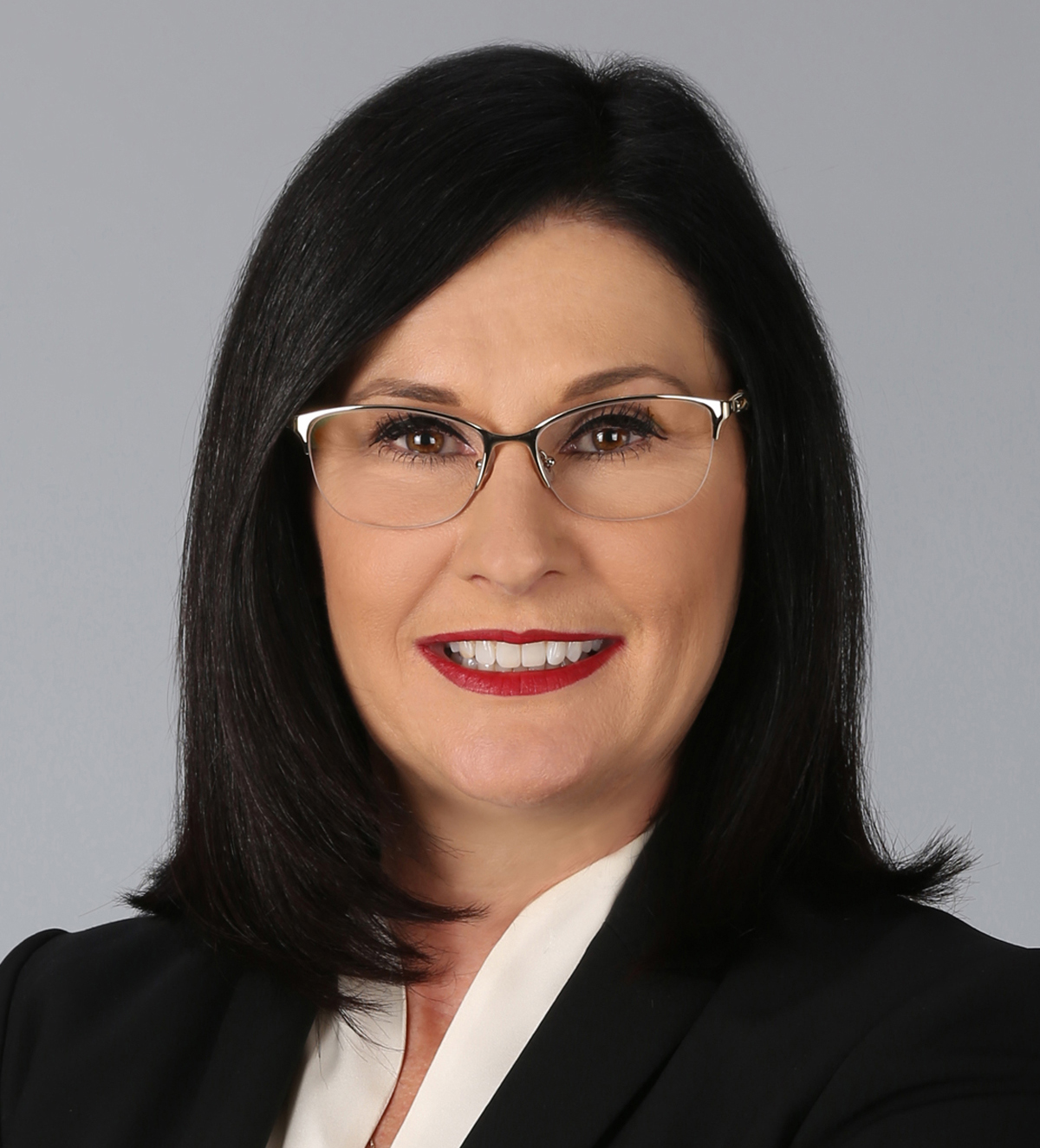By Greta Schulz
I was speaking to a large CEO group when I asked a simple question: “What are you doing to track your salespeople?” The owner of a manufacturing company spoke up and said, “We track the amount of quotes that they send out on a monthly basis.” I said, “OK, tell me about that.”
“Well, we require all sales reps” – and he has sales reps around the world – “to put out a minimum of 20 quotes per month.” I said, “OK, why do you do that?” He looked at me with curiosity and said, “What do you mean? That’s how we track what they’re doing and we know that if each one of them puts out 20 quotes, they’ll typically get six back with interest, and they’ll negotiate and usually close two of them.”
I said, “So you’re closing two of every 20?” “Well, not every 20, but pretty close, that’s pretty much our track record,” he said. I then asked, “How much time are they spending on the other 18 that they don’t close?” He said, “What do you mean? They don’t spend any time on them.”
I said, “Who does their quotes?” “They do.” “Who puts them together?” “They do.” “Who sends that out or presents them to the clients?” “They do.” “Who follows up?” “They do.”
“Then, OK, so have you ever tracked the amount of time they’re spending on the ones they don’t close? And a two out of 20 ratio is 10 percent. So if you think a 10 percent closing ratio is a good idea, I would make sure that you are hiring very, very inexpensive sales reps, and just get them to throw enough quotes out there. You certainly don’t need professional salespeople because you’re not looking at professionalism when you do it that way.”
Anybody can throw a bunch of proposals and quotes out there and see what sticks. You should not send any proposals or quotes until you actually have a conversation with somebody. It is imperative to pre-qualify every opportunity: Confirm that they have issues that you know you can solve with your product or service. Discuss the investment cost, so you don’t spring that on them in the proposal. Understand the solutions you’re going to provide. Most important, know who’s going to be looking at the proposal. And if they’re happy with the proposal, what is going to happen on the other side?
If your salespeople don’t know those things, you shouldn’t be putting proposals out in the street. Depending on what kind of company you have and what you do, you could be spending a lot more time and money than you think developing recommendations and proposals, getting quotes, putting numbers and things together.
It is a huge waste of time to throw a bunch of quotes and proposals out there and keep following up on them until you either exhaust the client or the salesperson.
Two out 20 is a shameful closing ratio. Your proposal should never get into the hands of anyone until:
• You know what their issues are. You know what their needs are – and have an idea of what solutions you will use to solve them.
• You have had a discussion of the approximate cost to solve their problem. You don’t have to give the number, but you had to have some level of investment discussion.
• You know exactly what they’re going to do with the proposal if they like it. We all know what they’re going to do if they don’t like it. So if they do, what is their process?
The CEO who owns the manufacturing company is a very bright man, but the process he has in place for tracking his salespeople is poor.
Make sure you don’t show proposals to anyone until they deserve to see them. Proposals never sell. The sale should be almost complete before you make your presentation. Your presentation or proposal or quote is merely the proof statement of what you already discussed. If that’s not what is happening, you’re doing it backwards. ↵
Greta Schulz is president of Schulz Business, a sales consulting and training firm. She is a best-selling author of “To Sell is NOT to Sell” and works with Fortune 1,000 companies and entrepreneurs. For more information or free sales tips, go to schulzbusiness.com and sign up for “GretaNomics,” a weekly video tip series, or email sales questions to
greta@schulzbusiness.com.












